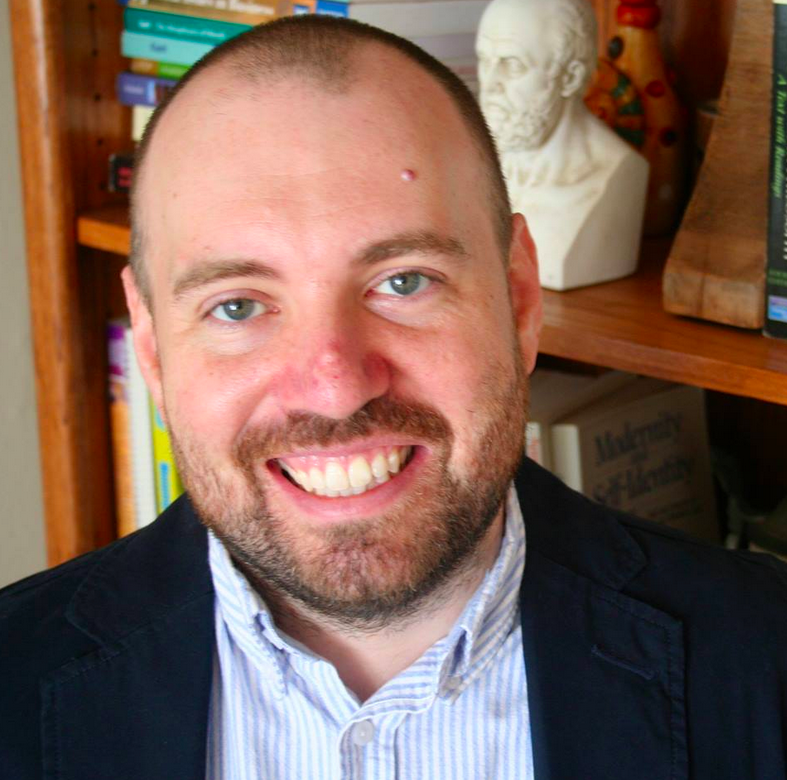The way to enable a student to apprehend the instrumental value of arithmetic is not to lecture him upon the benefit it will be to him in some remote and uncertain future, but to let him discover that success in something he is interested in doing depends upon ability to use number. – John Dewey
Following John Dewey, I believe that real learning occurs when a person is able to connect ideas to his or her real, everyday life and interests through a holistic, student centered educational experience. Modern technology makes it easier than ever to access a wealth of information with a few simple clicks and keystrokes; yet, as I think about teaching, Raphael’s fresco, The School of Athens is the image that comes to mind. Originally labeled Causarum Cognitio, it emphasizes the philosophical tradition of seeking to know why rather than simply knowing that, and I strive to help my students move beyond merely accessing and memorizing information and instead focus on truly understanding the why of such information. One of the most effective ways I have found to do this is through the dialectic process of discussion, whether it is face-to-face in the classroom, via email, or in an online forum.
As a scholar, I have worked in the intersection between philosophy and communication, and my passion for these two fields shows in my teaching strategies. One of my main goals is to spread my enthusiasm for philosophy and communication by demonstrating their importance and tangible impacts on life. While teaching, I strive to show philosophic thinking as the exciting activity that it is. For example, in a public speaking course I draw attention to the ethical values that are inherently part of policy persuasion, helping students sort through their own values and beliefs to better understand and address counterarguments. Evaluations of this activity have revealed that many students believe this type of activity can make otherwise abstract ethical principles come alive.
I believe that both philosophy and communication are extremely useful because the skills one learns can be applied in any career and in all areas of life. Developing critical thinking skills prepares one to become a global citizen and to face the many challenges of this world. Global problems are often far more complex than local ones; so modern problems require understanding, critical thinking, and the ability to communicate clearly more than ever. This endeavor is necessarily challenging, but I believe that being challenged appropriately inspires students to strive to do their best. Although I have high expectations, I am there to guide my students by asking probing questions about issues that help them come to their own conclusions.
Despite my emphasis on the ancient art of the dialectic, I do see important ways for modern technology to participate in that process. While working for the nonprofit Digital Opportunity Trust, I received first-hand experiences in using technology to enhance education and engage students through the innovative use of technological tools such as podcasting, video creation, wikis, blogs, and even social networking. For example, in one history class, I helped students record radio podcasts that simulate what a broadcast from World War I sounded like. Students took on the roles of various historical figures who were interviewed, and, in the process, learned about these figures and the roles they played in the war. I also connected Spanish students in the United States to English students in Mexico via Skype, allowing them to converse with one another. These types of activities build off the genuine interests of students – such as interest to communicate with people their age in other countries – and bring in course material in a way that integrates well with these interests.
In all of my research I attempt to show how the topic at hand can relate back to one’s every day life. I find that this emphasis on the effects of theory translates well in the classroom and has helped me discover new ways to convey sometimes complex and esoteric ideas in ways that are easier to palate for students who have never before encountered these concepts. Inspired by Aristotle in The School of Athens painting, I challenge my students to look outward at the world around them, as they both pursue and grow their interests through the educational process.

